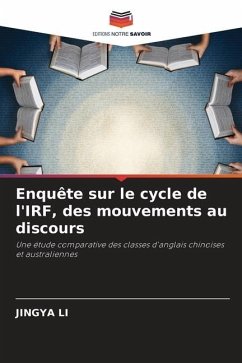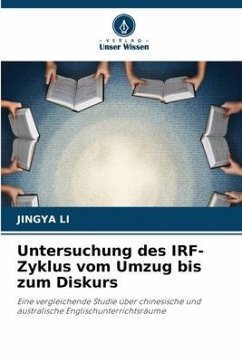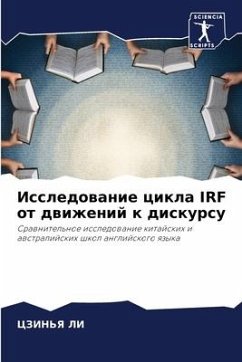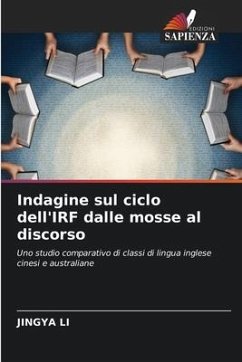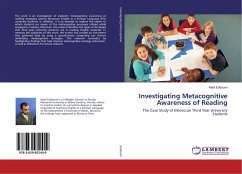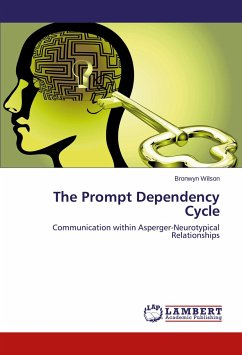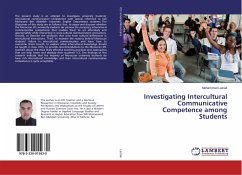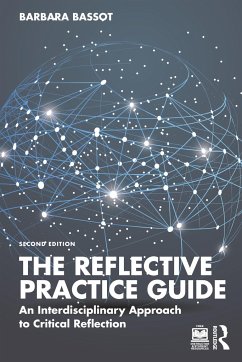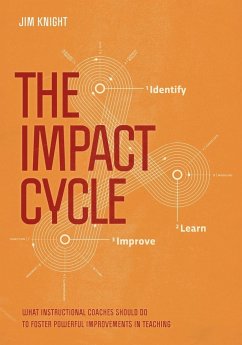
Investigating the IRF cycle from moves to discourse
A comparative study of Chinese and Australian English language classrooms
Versandkostenfrei!
Versandfertig in 6-10 Tagen
47,99 €
inkl. MwSt.

PAYBACK Punkte
24 °P sammeln!
The Initiation Response Feedback (IRF) cycle is a ubiquitous, teacher-led discourse pattern in classroom interaction. Research has investigated the IRF cycle in terms of specific discourse moves, however, with limited focus from a Vygotskian sociocultural perspective. This book aims to explore how the IRF cycle functions as a mediating tool for language learning and can be used to increase language learning opportunities by developing participants' classroom interactional competence (CIC). The influence of participants' cultural backgrounds on the local emergence of the IRF cycle is also consi...
The Initiation Response Feedback (IRF) cycle is a ubiquitous, teacher-led discourse pattern in classroom interaction. Research has investigated the IRF cycle in terms of specific discourse moves, however, with limited focus from a Vygotskian sociocultural perspective. This book aims to explore how the IRF cycle functions as a mediating tool for language learning and can be used to increase language learning opportunities by developing participants' classroom interactional competence (CIC). The influence of participants' cultural backgrounds on the local emergence of the IRF cycle is also considered from a macro level of culture. This study of eight English language classrooms in northern China and Australia is conducted using a field-based qualitative approach. The findings show that effective use of the IRF cycle expands students' language learning opportunities and is crucially shaped by participants' interactional resources and cultural assumptions. The study furthers our understanding of the multi-layered, mediational potential of the IRF cycle and provides empirical evidence of the nature, function and effects of Vygotsky's concept of mediation in language learning classrooms.



